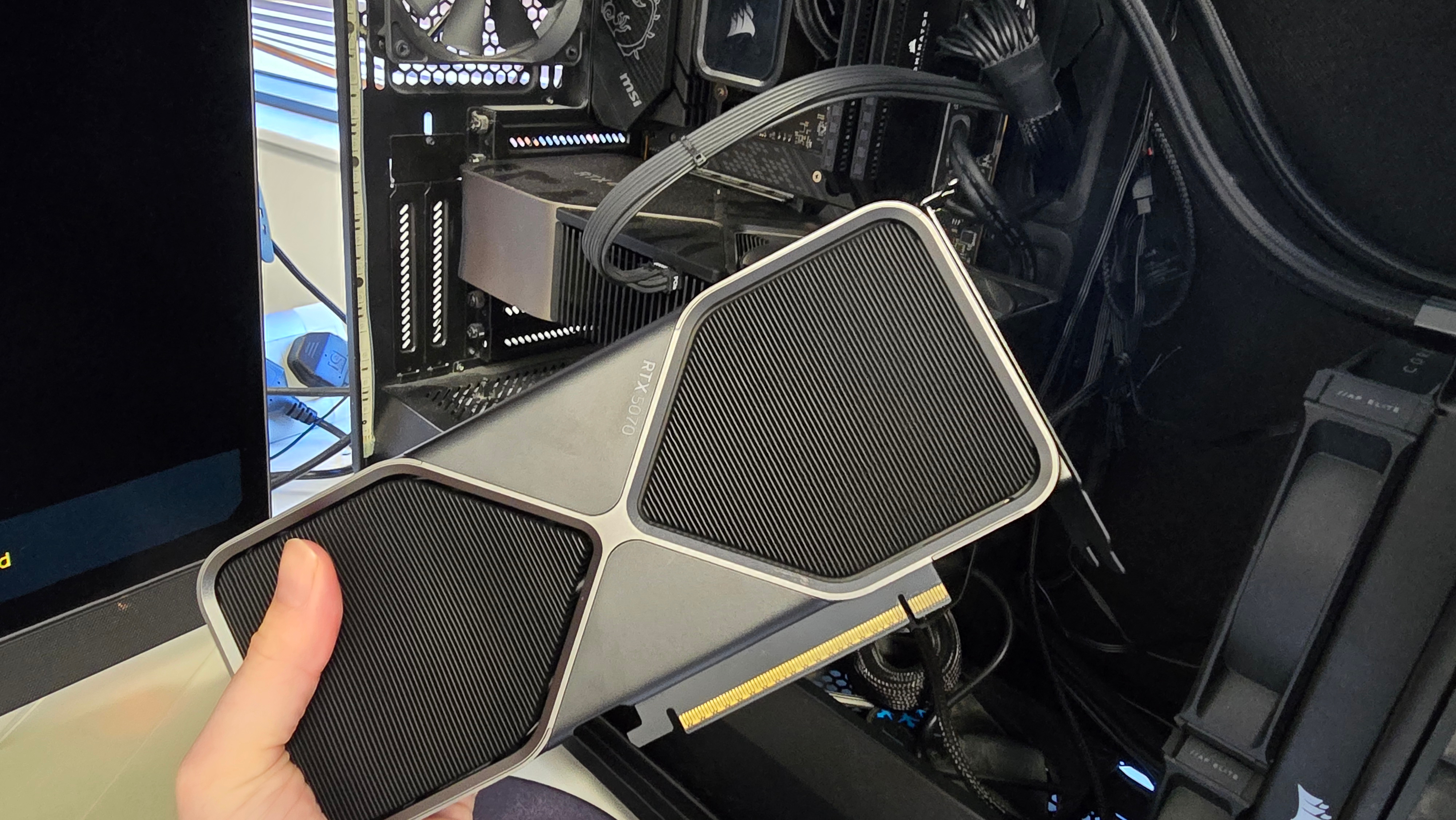With how rapidly AI is advancing, there is huge potential for the technology to transform the ...
More wellness and mental health services space. In a new study published in the New England Journal of Medicine, AI Edition , scientists describe the promise of generative AI applications for mental health treatments. The primarily Dartmouth College based scientists conducted a randomized controlled trial testing a Gen AI powered chatbot named Therabot and its efficacy in providing timely and lasting mental health treatment.

The experiment involved a national cohort of more than 200 adults that had been previously diagnosed with either major depressive disorder (MDD), generalized anxiety disorder (GAD), or having a clinically high risk for feeding and eating disorders. Participants were either assigned to a group having access to Therabot or a control group without access; they were then followed for outcomes across a variety of factors, including symptomatic changes, patient engagement and acceptability and the depth of the patient-therapist relationship. The results indicated that users of the chatbot showed significantly greater reductions in symptoms of all three diagnoses relative to the control group, and overall, patients rated that their therapeutic alliance and depth of the patient-therapist relationship was, on average, comparable to that of a human counterpart.
Overall, this success reflects a growing trend in the generative AI landscape and its use for mental health applications. Studies are increasingly showing that advanced AI models may provide numerous capabilities in diagnosing mental health conditions. There are also numerous conversations about how these systems may provide modalities for mental health support to augment what human clinicians can provide.
In fact, increased access to mental health services is of paramount importance in today’s healthcare landscape. The American Psychological Association reports that nearly one third of respondents in a 2022 survey indicated that they could not get the mental health services they felt they need; this, combined with growing mental health service needs globally, does not bode well for the limited supply of mental health professionals. Technology companies are quickly ramping up in this space to provide users with more creative ways of accessing services.
Meditation phone apps have seen some of the quickest growth metrics in the past decade; take for example Calm , a meditation and sleep app that has hundreds of millions of downloads. Another example is famous meditation and wellness application HeadSpace , which has seen significant growth and investment in the last few years. Though these are not apps specifically focused on any one form of therapy, they aim to promote mental wellness.
Now, with how rapidly natural language processing has progressed, these systems are increasingly capable of having human like conversations with users, including the use of slang, common parlance and other aspects of conversation which may make users more comfortable. Indeed, once this technology is perfected, it may enable a huge boon to patients worldwide..
Technology

A New Study Shows How Gen AI May Transform Access To Mental Health Services

With how rapidly AI is advancing, there is huge potential for the technology to transform the wellness and mental health services space.















